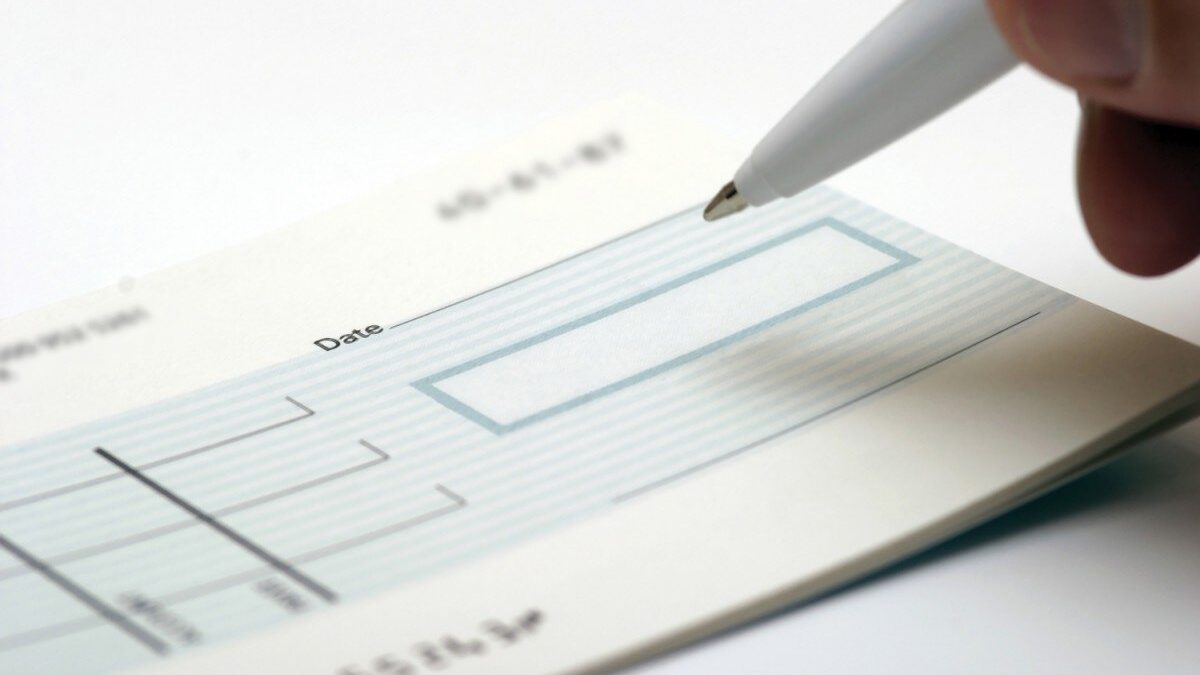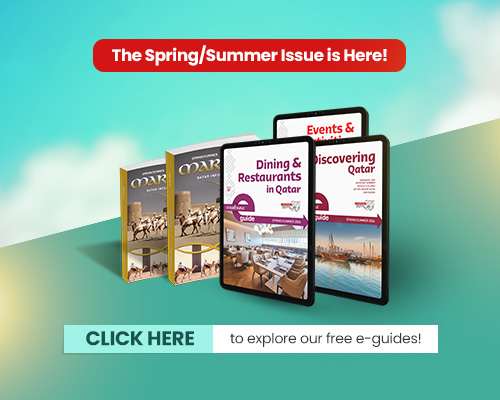Standard Bank Facilities
Debit/credit cards, standing orders, money transfers, personal loans, vehicle loans, and mortgages on current and savings accounts (including joint accounts). Some accounts offer longer terms, higher interest and the option to save in USD, GBP and Euros.
24/7 telephone and internet banking services and apps offer additional options, while some services such as ordering a cheque book can be accessed via the bank’s ATM network. With mobile banking a customer relations officer can visit you at home or work to assist with banking requirements. Most banks offer premium banking services.
International Bank Account Number (IBAN)
Adopted in January 2014 as a standard for identifying and numbering all bank accounts in Qatar, and effective from May 2014. The system applies to all accounts in banks operating in the country, found on bank statements or online in account details. The existing account number is not replaced; additional characters appear in front of the account number to form a 29‑character IBAN. All incoming and outgoing transfers to and from banks and financial institutions must use IBAN.
Opening an Account
Documents usually required:
- A valid residence card or work visa. A worker’s dependants (eg spouse and family) can open an account but may require his permission as he is their sponsor (check with the individual bank).
- Valid passport.
- For current accounts, a letter from the employer/sponsor confirming the monthly salary in Qatari Riyals, with the company’s official stamp. You may have to transfer your salary to the new account but check with the individual bank.
- Some banks may ask to see your tenancy agreement to establish your residential address.
- Take copies of these documents, along with identity photographs. Ask for photocopies of any documents signed.
Cheques
A chequebook can be issued with a current account. They are not widely accepted for instant payment; post‑dated cheques are commonly used for house rental payments. The onus of responsibility is on the banks not to encash cheques before the designated date. Issuing a cheque without the necessary funds in your account is a serious criminal offence and the bank or creditor may notify the police, leading to possible prosecution.
Punishment for causing a cheque to bounce due to insufficient funds can be severe: jail terms of between three months and three years, and/or fines of between QAR3,000 and QAR10,000. Cases being filed are on the rise in the country, mostly for cheques for large amounts, and the Capital Security Department records all cases electronically to speed up the process.
Under new QCB instructions, the Qatar Credit Bureau lists individuals and companies who have issued at least one bounced cheque. Banks are not obligated to issue new cheque books to these customers unless the amount has been settled and their name removed. Banks must also report any customer who has issued a bounced cheque.
Credit Cards
Widely available with all the usual privileges, with the credit limit determined by the cardholder’s salary or savings balance. Family members may also be eligible for a card. Check at the time of applying for issuance and renewal fees, conversion charges, and payment options.
Since 2014 all card transactions made using the magnetic stripe inside and outside of Qatar will be declined. However, as certain countries (eg the US, India and the Philippines) still use the magstripe for transactions, customers should activate their card before travelling.
Offshore Banking
Offshore banking can be a secure anchor for an expat’s finances while out of their home country. Check with local banks for availability of international bank accounts in USD, GBP, or Euros.
Complaints
Unresolved consumer complaints can be made online to QCB’s Consumer Protection Department. qcb.gov.qa








